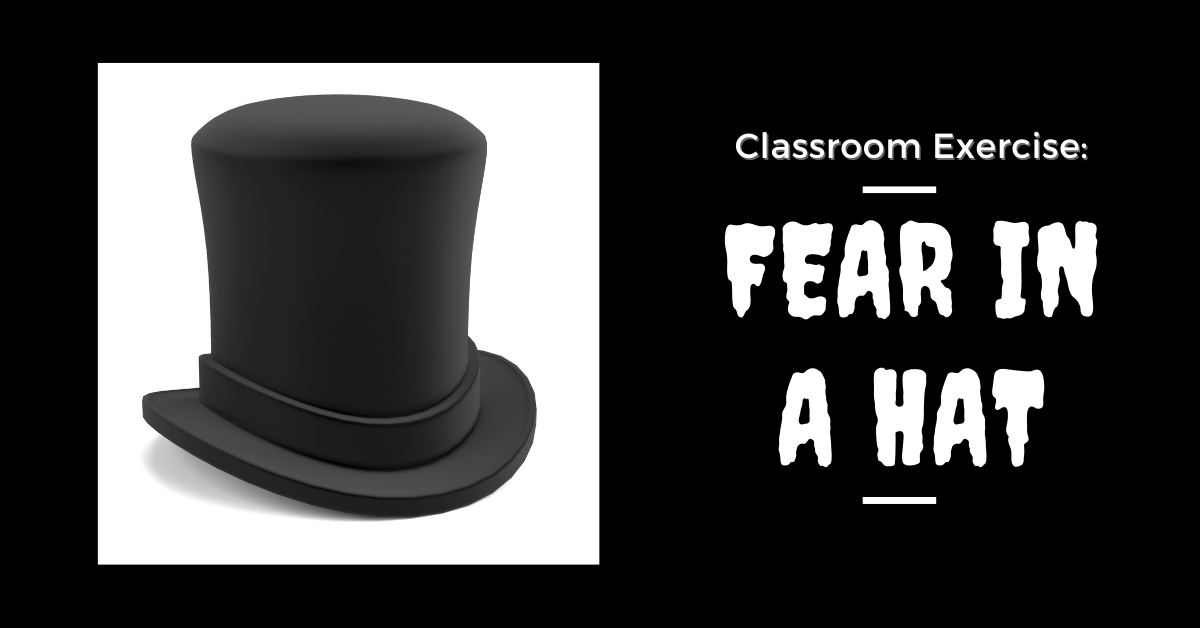Don’t Tell Paul: Secret Code Exercise
How do you communicate when you can’t talk directly?
Have you ever been in a situation where you see something or someone and you want to comment out loud, but it’s just not possible? Perhaps you’re in public. Perhaps you don’t want the person you’re observing to know what you’re thinking. You desperately want to say something but it’s just not appropriate.
How do you engage in the act of observation in public? How do you communicate when you can’t talk directly? Create a secret code of course!
For example
When I go to Disney World, one of the groups of people I like to observe are newly married people. More often than not, these couples broadcast their status by wearing bride and groom Mickey ears. The bride ears are ok. The groom ones are a little goofy. They’re fun to watch.
It would be inappropriate to call out, “look at the guy in the goofy hat,” or “look, it’s newlyweds!”
If I want to communicate these phrases, I need a secret code.
1. It has to be subtle. It can’t be obvious. You can’t shout out “Married People!” Not cool.
2. It has to be something you’ll remember. There’s a song about getting married in one of my favourite musicals, Sondheim’s Company. The song is called “Getting Married Today.” It’s a little ironic because the character singing the song is actually talking about not getting married to her fiance Paul. I know the song well and I know exactly what it’s about.
3. It has to be short. Instead of singing a whole line from the song, I chose a short phrase “Don’t Tell Paul!”
If you yell out “Don’t tell Paul!” no one, except Sondheim fans, will have any idea what you’re talking about. Unless the guy’s name is Paul.
Secret Code Exercise
How can you use secret code observation language in the classroom
1. Divide the class into groups.
2. Each group has to come up with an observational phrase derived from a theatrical source. The phrase must adhere to the following criteria:
- The phrase must be subtle.
- The phrase must be memorable and the group has to explain why it’s memorable.
- The phrase has to be short.
3. Remind students: the point is not to be mean, but to comment on something so no one else knows what you’re talking about. And remember, it can’t be obvious: Don’t Tell Paul=newlyweds in funny hats.
4. Once groups have their phrase, they have to create a scene which uses the phrase. Give students 10 minutes to create a 1 minute scene.
5. Groups present their scene. Ask the class to see if they can decode the secret phrase. What are they commenting on?
6. At the end, each group explains the origin of the phrase.
7. Reflection: Reflect on the exercise. What was it like to create a secret code? What was it like to communicate in secret?



